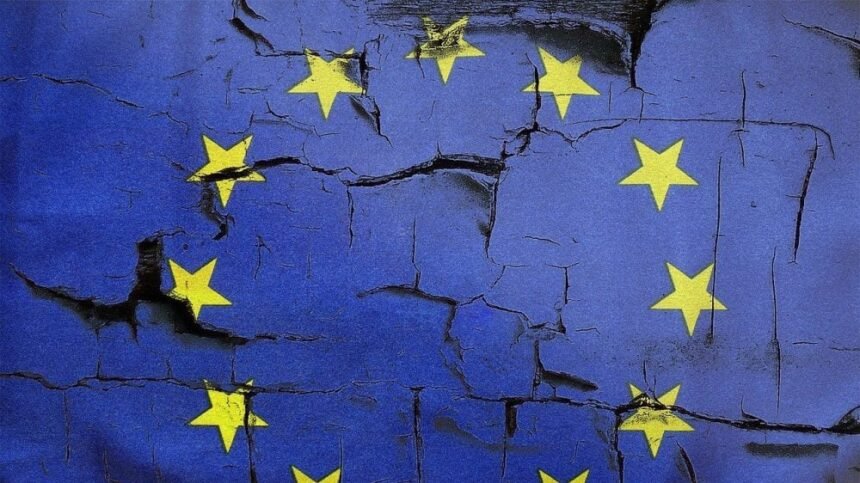The world order built after World War II is unraveling, and the emerging new order is being shaped by the interests of nuclear superpowers—among which Europe no longer figures prominently, according to leading European political thinkers.
They warn that the European Union will not survive unless it unifies its security, budgetary, and institutional frameworks, and simultaneously expands to include new member states.
Former German Foreign Minister Joschka Fischer argues that Europe can only achieve “strategic autonomy”—a goal for many key political leaders—by building its own defense system, becoming technologically independent from both the U.S. and China, and forming a core group of EU states that support European defense and enlargement. This core, he insists, must move forward even if some member states oppose it.
Josep Borrell, former EU foreign policy chief and European Parliament president, also stresses the need for Europe to build defense and fiscal structures, and to boldly move toward a federal union. Without this, he warns, the EU “will not survive.”
He adds: “We are living in a world ruled by populism, protectionism, and wars. We must accept that the world has moved away from the West.”
Europeans are increasingly aware that the U.S. no longer wishes to be Europe’s security guardian or close economic partner. This shift became unmistakable when U.S. Vice President J.D. Vance stated, “Europe is our ally, but it cannot be our eternal vassal.”
Borrell notes that much of the non-Western world sees Europeans as a declining, aging population that has lost its technological edge, especially amid the U.S.-China tech race and Russia’s war in Ukraine. He underscores that Europe’s greatest strength remains its unique combination of political freedom, economic progress, and social cohesion.
The French newspaper Le Monde recently published a comprehensive analysis, stating that 80 years after World War II, two Europes now face each other amid global chaos dominated by others. It described this year’s anniversary events as more of a requiem for the old international order than a celebration of peace.
Fischer warns that Trump-era American policies have further divided the world, making it urgent for Europe to become a sovereign global actor through supranational political will.
He also stresses that the EU must end its technological dependence on non-European powers and reduce reliance on raw materials and rare earths. Over 200 major European companies, including aircraft giant Airbus, recently warned that Europe risks becoming a “technological colony” unless it invests in its own high-tech sectors, especially artificial intelligence.
They advocate for a “Buy European” strategy, noting that 80% of Europe’s digital software and services are purchased from American firms—amounting to €265 billion annually.
In a surprising note, Fischer calls on Europe to be inspired by the legacy of Charles de Gaulle, becoming “Gaullist” and sovereign again in response to growing security and economic threats—because, he says, there is no third path.
“Europe needs a strong ideological core,” Fischer declares. “It must stand united for freedom, human rights, solidarity, and the rule of law. Only then will the world see us as a real global power.”
He emphasizes the importance of EU enlargement, deeper integration, and genuine support for reforms in candidate countries. And if some current EU governments block deeper integration, then, he says, those willing and able must strengthen their cooperation independently.
Borrell concludes that Europe is now plagued by three major fears: war, loss of industrial and competitive power, and the rise of far-right political movements. The far-right, he warns, fuels fear of identity loss due to uncontrolled immigration.







